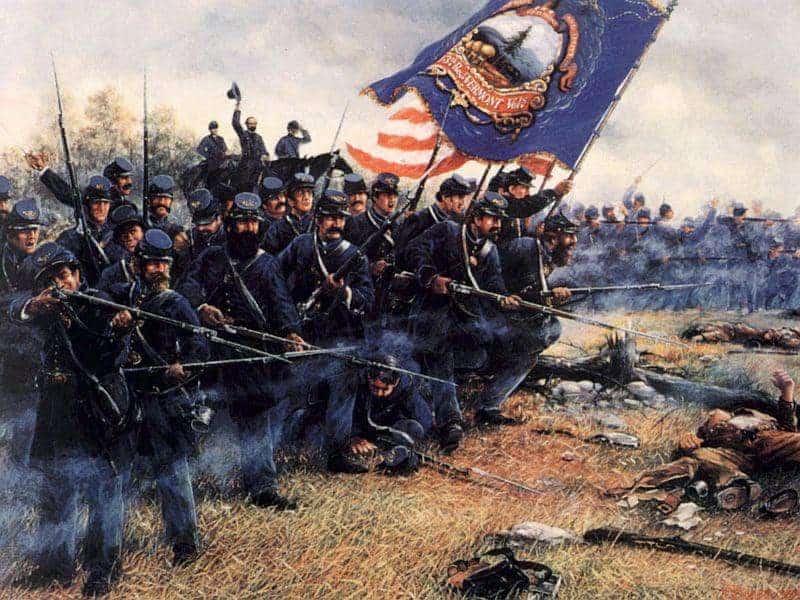The American Civil War may be one of the most crucial periods in American History. No matter what type of history you’re interested in, the Civil War probably has everything you’re looking for. One of the most probing and controversial discussions (at least between historians) is, what battles had the largest affect on the Civil War’s ultimate outcome? There is no one true answer, as wars aren’t fought linearly, but there were battles that, in hindsight, were very important to the ultimate surrender of the South.
The First Battle of Bull Run (1861)
This is an obvious selection for most important battle as it was the first major one of the war. Every war has a beginning, and while tensions were rising way before the first shot went off, this, the first battle of Bull Run, marked the true beginning of the American Civil War. Bull Run was the location of two major battles in the war, both instigated by the Confederacy and both routing victories for the South.

It is also surprisingly deceptive because it was an embarrassing loss for the North, the eventual victors. Up until this official start to violent hostilities, the Union was very confident that they could put down any rebellion from the Southern states. While the death toll wasn’t as high in The First Battle of Bull Run as it would be in other major battles, it marked a new reality for the North, who from this point forward took the war much more seriously.
The outcome was inevitable once the rifles started firing. President Lincoln, realizing that war was no longer avoidable, increased the strength of the Union army by nearly 500,000 men. He also removed regulations limiting the length of service for all servicemen. The Federal government also passed several measures that helped bolster those numbers. It was the beginning of a national legislative agenda for freeing slaves from the South. The Confiscation Act of 1861 freed all slaves whose masters were taking part in the war.
In the end, while not the biggest nor the most explosive battle of the Civil War, it was the beginning of what proved to be years of violence that cost hundreds of thousands of American lives. With this battle, the war was truly on from both sides, and it was only a matter of time before it became much more violent as the stakes became much higher.

